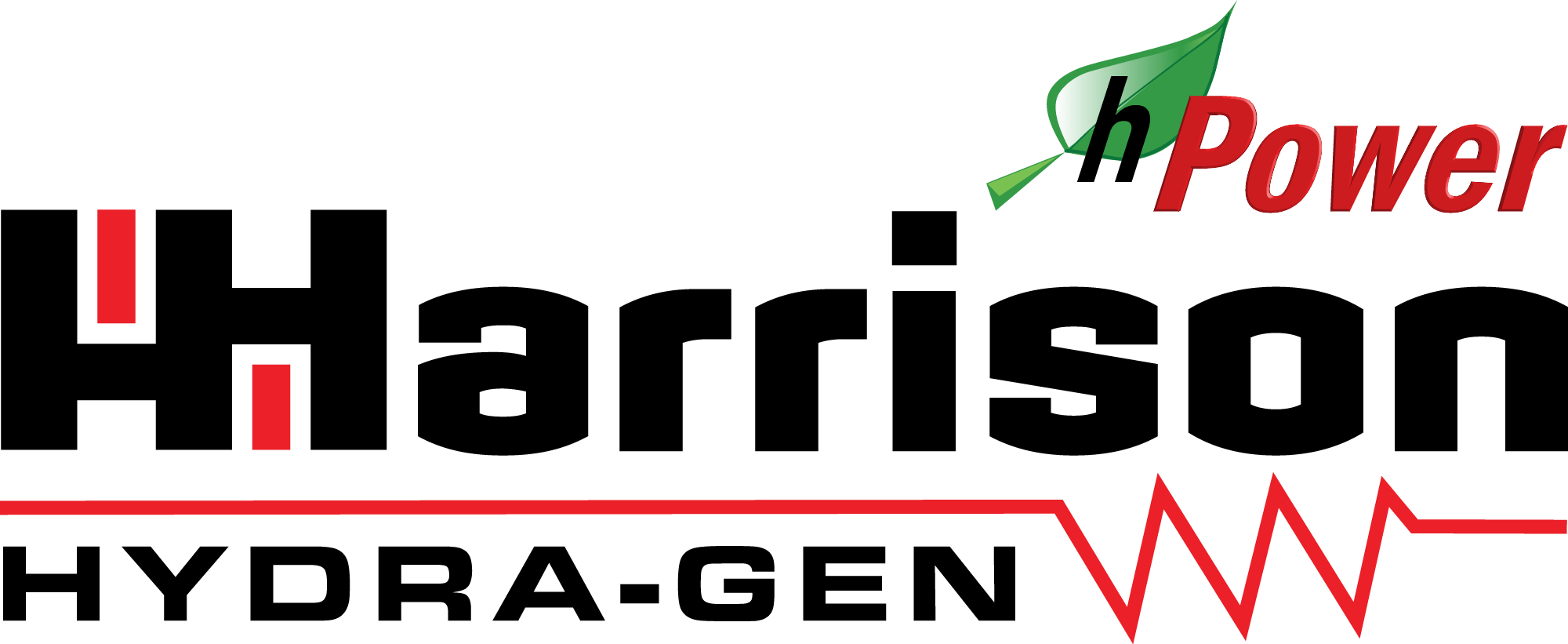Why Choose Hydraulic Generators Over Traditional Generators?
Did you know that hydraulic generators can be up to 95% smaller and lighter than traditional diesel generators while delivering the same power output? In today’s world, where reliable and efficient energy solutions are more critical than ever, hydraulic generators are standing out as a game-changer. Whether you’re managing a construction site, powering remote equipment, or looking for a greener energy source, hydraulic generators offer unique advantages that traditional generators simply can’t match. Let’s dive into why these innovative power solutions are gaining momentum.
Efficiency and Performance
Hydraulic generators offer impressive efficiency and performance. They utilize fluid power, which results in less mechanical loss and higher energy conversion rates. This means more power output with less input, making them ideal for applications requiring consistent energy supply. Unlike traditional generators that rely on bulky gas or diesel engines, hydraulic generators are 50% lighter and smaller, enhancing their portability and adaptability to various settings more compact and efficient solutions. This design improvement not only increases operational flexibility but also reduces the physical and logistical constraints associated with large machinery. Moreover, hydraulic generators utilize the existing onboard power train, converting hydraulic power into high-quality electricity with incredible efficiency optimal energy solutions. This means that whether you’re powering heavy equipment or delicate tools, hydraulic generators maintain consistent performance without the need for frequent adjustments or downtimes.
Environmentally Friendly Alternative
One of the standout benefits of hydraulic generators is their minimal environmental impact. They produce no emissions and have a much smaller carbon footprint compared to traditional generators, making them a perfect fit for eco-conscious operations seeking greener energy solutions. By eliminating the need for a secondary combustion engine, they significantly reduce pollution eco-friendly advantages. Furthermore, without the exhaust fumes commonly associated with gas-powered generators, hydraulic generators contribute positively to improving air quality. This is particularly crucial in urban or heavily populated areas where air pollution is a persistent concern. Over time, transitioning to hydraulic generators can play a pivotal role in lowering the overall environmental impact of industrial activities, embodying a step towards sustainable energy practices.
Versatility in Applications
Hydraulic generators are highly versatile, making them suitable for a wide range of applications. Whether it’s for industrial use, construction sites, or remote locations, they provide reliable and efficient power solutions without the limitations often encountered with traditional generators. In particular, the ability to easily integrate hydraulic generators into various machine types enhances their versatility. They are designed to fit seamlessly with a broad array of equipment, from small-scale tools to large-scale industrial machines. This adaptability means that whether you’re in the field of construction, agriculture, or emergency services, a hydraulic generator can meet diverse power requirements with ease customized power solutions. Additionally, their IP67 rating makes them suitable for outdoor and wet locations, ensuring durable and uninterrupted power supply even in challenging environmental conditions. This feature is essential for businesses operating in areas prone to weather extremes, reinforcing the dependability of hydraulic generators as an all-weather solution.
Reduction in Maintenance Costs
With fewer moving parts and less friction, hydraulic generators require less maintenance than traditional generators. This not only reduces downtime but also lowers maintenance costs over time, offering significant savings for businesses and individuals alike. Their design inherently sidesteps many of the common mechanical failure points found in conventional generators. This reliability allows users to focus on operational output rather than frequent maintenance checks. The absence of a secondary inverter and fewer mechanical components translates to less wear and tear over time, drastically reducing the potential for breakdowns cost-effective maintenance. Moreover, the robust and dependable nature of hydraulic generators means they facilitate longer service intervals, allowing for prolonged continuous use without compromising performance. This ensures that businesses experience minimal disruptions, further enhancing their productivity and efficiency.
Improved Safety Features
Hydraulic generators come with enhanced safety features, reducing risks associated with generator operation. The use of fluid power decreases mechanical risk and potential hazards, ensuring a safer environment for operators and surrounding personnel. Their design minimizes exposure to harmful emissions and eliminates the fire hazards linked with liquid fuels, creating a more secure working environment. In applications where safety is paramount, such as in enclosed or sensitive areas, the compact and controlled operation of hydraulic systems reduce the risk of dangerous outcomes associated with conventional generators safe and reliable operation. Furthermore, with fewer components requiring manual operation or intervention, hydraulic generators present a lower chance of operational mishaps. Their automatic speed control valve ensures vibration-free running, contributing to safer and more stable energy provision, making them an ideal choice for uninterrupted and safe installation within varying operational settings.

